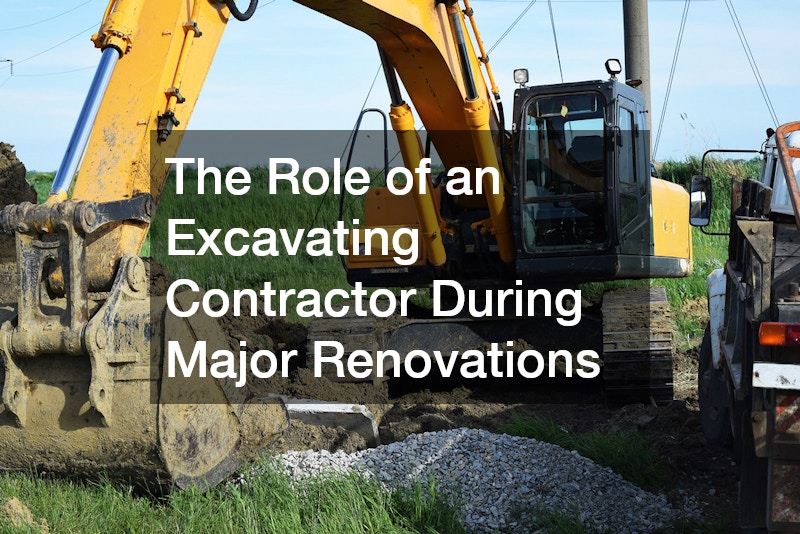Purchasing your first home is an exciting milestone, but it comes with its fair share of responsibilities, including ensuring that the roof over your head is in excellent condition. Whether understanding the different roofing materials or knowing how often your roof should be inspected, asking the right questions can save you from unforeseen expenses and troubles. Here, we’ll explore key questions to ask a roofing expert when delving into homeownership.
What Type of Roofing Material is Best for My First Home?
Choosing the right roofing material for your first home is a critical decision that impacts not only the aesthetic appeal of your house but also its durability and maintenance needs. Common roofing materials include asphalt shingles, wood shakes, metal, slate, and clay tiles. Each of these materials has its advantages and drawbacks depending on your budget, the architectural style of your home, and the climate conditions in your area.
Asphalt shingles, for example, are the most common roofing material used in North America due to their affordability and ease of installation. They perform well in various climates but may not offer the same longevity as other materials, such as metal or slate. On the other hand, metal roofs are more durable and can last up to 50 years or more with proper maintenance, making them a worthwhile investment for homes in areas prone to harsh weather conditions.
When consulting with a roofing expert, discuss the pros and cons of each material based on your home’s specific needs. Consider factors like energy efficiency, fire resistance, and potential insurance savings linked to particular materials. By making an informed choice, you enhance your home’s curb appeal and ensure a solid investment in its long-term maintenance and resale value.
How Often Should I Have My Roof Inspected?
Regular roof inspections are crucial for maintaining its integrity and ensuring the safety of your home. Experts recommend having your roof inspected at least once a year, preferably in the spring or fall when weather conditions are moderate. However, it’s also wise to schedule an inspection after a severe weather event, such as a hailstorm or hurricane, as these can cause immediate and sometimes hidden damage that may go unnoticed until it’s too late.
During an inspection, a roofing expert will look for common signs of damage, such as cracked or missing shingles, loose seams, and signs of water infiltration in the attic or ceiling. They will also check the condition of flashing around chimneys or vents, gutters, and downspouts to ensure that water is being directed away from your home efficiently. Regular inspections help identify issues early, preventing minor problems from becoming costly repairs.
Another factor in determining inspection frequency is the age of your roof and the materials used. Older roofs or those made from materials like asphalt shingles may require more frequent inspections due to their shorter lifespans compared to materials like metal or tile. Consulting with a roofing professional about your roof’s specific needs can help you develop a customized maintenance schedule that prolongs its life and safeguards your home.
What Are the Warning Signs of Roof Damage?
Identifying potential roof damage early can prevent extensive repairs and prolong the life of your roof. One of the most common indicators of roof damage is a leak, which often manifests as water spots on your ceiling or walls. Leaks can be caused by various factors, including damaged shingles, compromised flashing, or clogged gutters that lead to water pooling.
Another warning sign is the presence of missing or curled shingles. Shingles are crucial in protecting your roof from the elements, and any compromise in their integrity can lead to more significant structural issues. If you notice shingles in your yard or visible patches on your roof, you must contact a roofing professional to assess the damage immediately.
You should also pay attention to any moss or algae growth, as this can indicate moisture retention and potential decay. While not always detrimental, these growths can trap moisture against the roof surface, leading to rot or deterioration over time. Regular cleaning and maintenance can help keep your roof in good condition and prevent more severe damage in the future.
What Should I Know About Roofing Warranties?

Understanding your roofing warranty options is an essential aspect of homeownership. It offers peace of mind and financial protection against potential roofing issues. Roofing warranties typically come in manufacturer warranties and contractor workmanship warranties. Manufacturer warranties cover defects in the roofing materials themselves, while workmanship warranties cover installation errors made by the contractors.
It’s important to carefully review the terms of any warranty you offer to understand what is covered and for how long. Some warranties offer pro-rated coverage, meaning the coverage diminishes over time, while others may provide full protection for a fixed period. Additionally, some warranties require specific maintenance or inspection schedules to remain valid, so it’s crucial to comply with any stipulations outlined.
Knowing what questions to ask a roofing expert can make all the difference in maintaining your home’s longevity and safety. By addressing material options, inspection frequency, signs of damage, and warranty details, you ensure that your roof remains a reliable shield against the elements for years to come. These insights allow first-time homeowners to approach roofing maintenance with confidence and knowledge.




